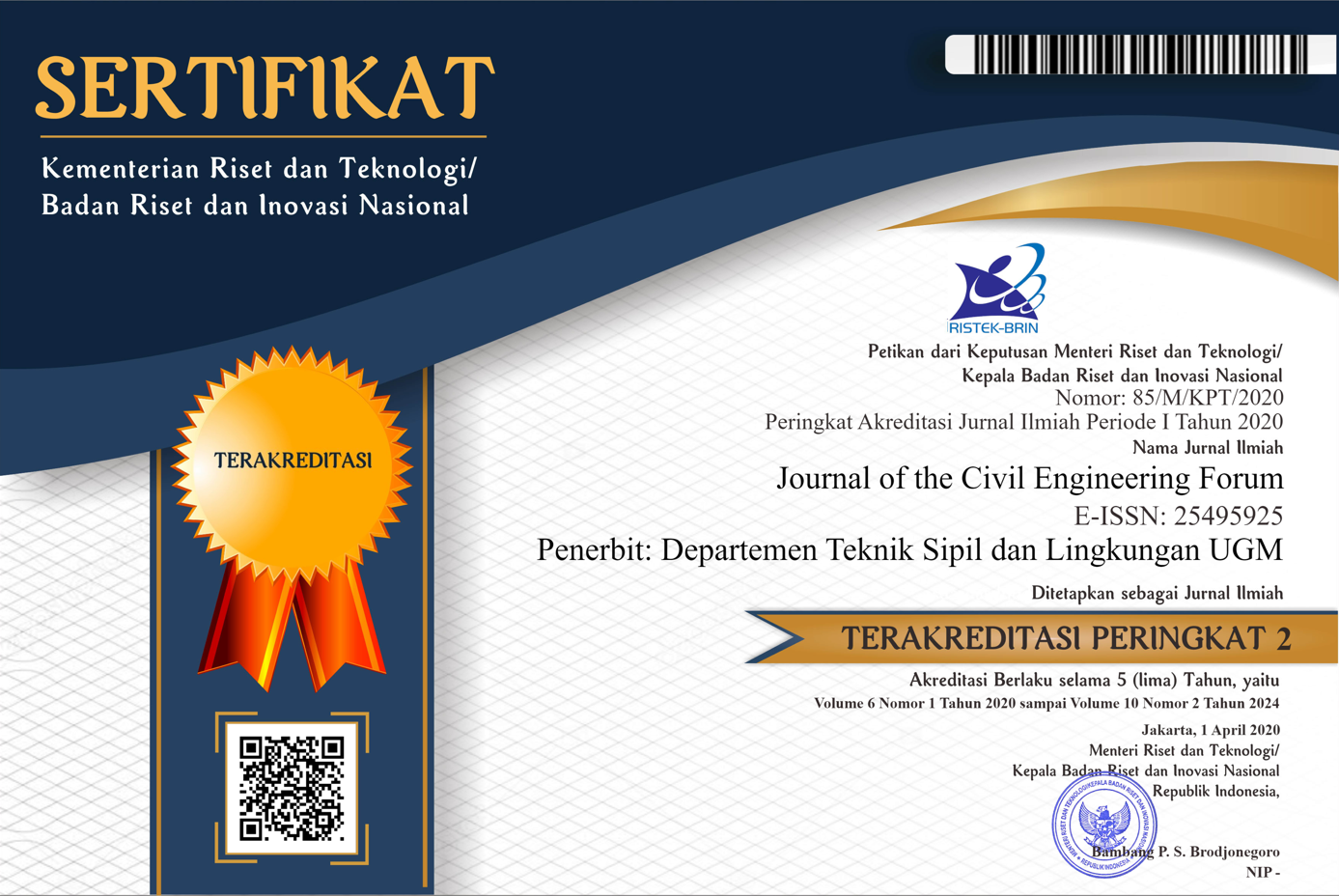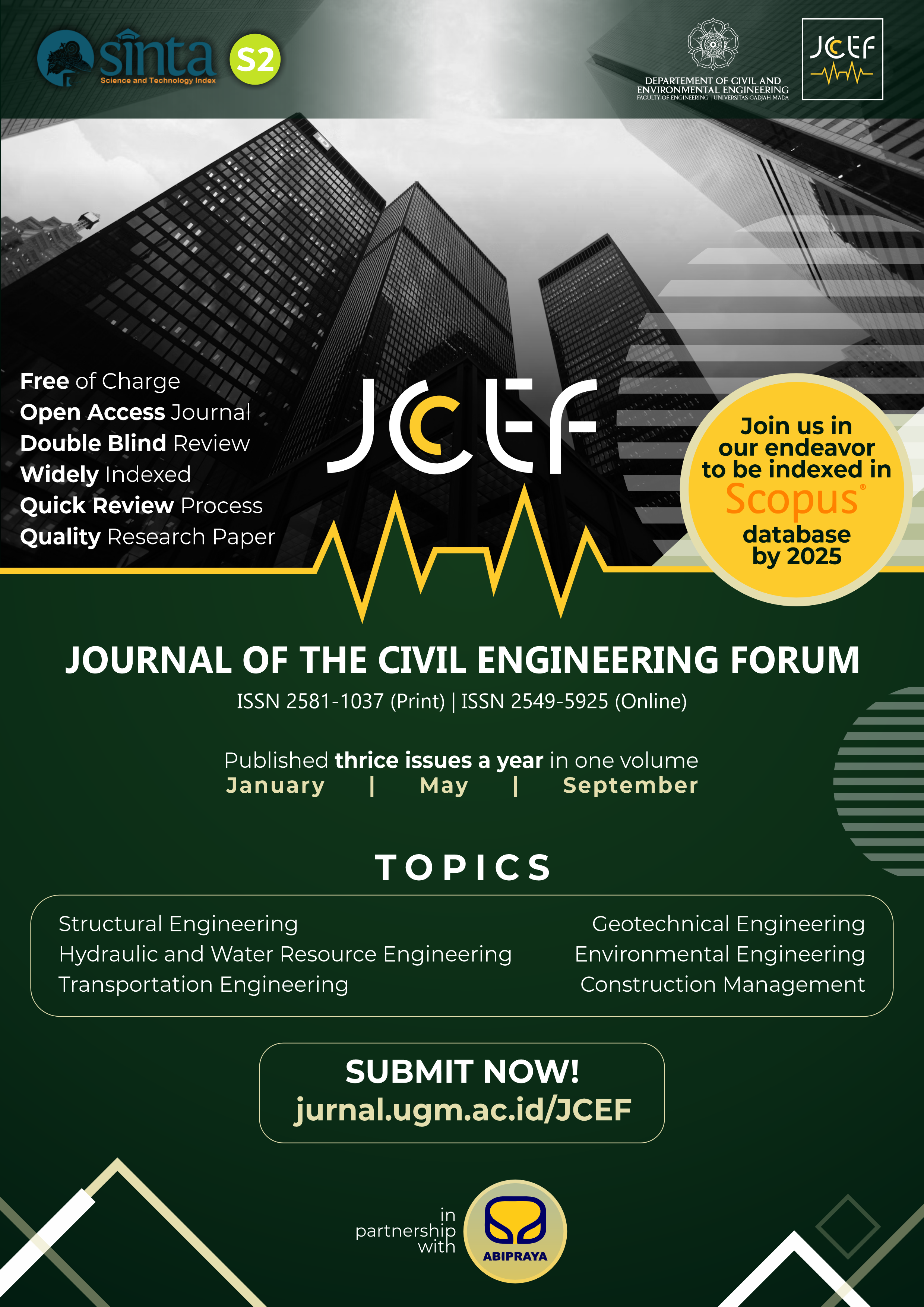Special Issue Invitation
Disaster risk reduction and urban resilience
Deadline: December 31, 2024
Dear colleagues,
In recent decades, the increasing disaster risk has been notable, attributed to factors such as global warming, population growth in disaster-prone regions, urban expansion, and diverse levels of community resilience to natural disasters. The frequency, magnitude, and severity of extreme weather events are on the rise, posing significant threats to the built environment. Disaster management authorities tend to prioritize post-disaster recovery over mitigation and risk reduction strategies. Research focusing on operational disaster risk management tailored to the built environment and urban infrastructure is needed.
This Special Issue aims to explore interdisciplinary approaches, methodologies, and practical applications for reducing disaster risk within built environments and urban infrastructure. We invite researchers from fields including civil engineering, construction management, urban planning, and related disciplines to contribute. Potential topics encompass a broad range, including but not limited to:
- Building and infrastructure resilience;
- Earthquake engineering;
- Flooding and drought prediction;
- Disaster prevention technology;
- Smart transportation infrastructure;
- Climate change;
- Internet of Things.
- Application of GIS and remote sensing;
- Big data, Machine Learning, Artificial Intelligence
Manuscript Submission Information
To submit your manuscript, register and log in to the JCEF website. After registration, use this link to access the submission form. Manuscripts can be submitted until the specified deadline and will undergo our standard pre-check and peer review process. Accepted papers will be published continuously in the journal (Online First) and included with other regular articles in the journal issue. They will also be listed together on the special issue page. We welcome research articles, review articles, and technical notes. For planned papers, at least a title can be sent to the Editorial Office for consideration.
Manuscripts must be original and not previously published or under consideration elsewhere (except for conference proceedings). All manuscripts are thoroughly reviewed through a double-blind peer-review process. Detailed guidelines for authors and additional submission information can be found on the Instructions for Authors page.
Please visit the Instructions for Authors page before submitting your manuscript. JCEF is an open-access journal, and both the submission and publication processes are free of charge.



